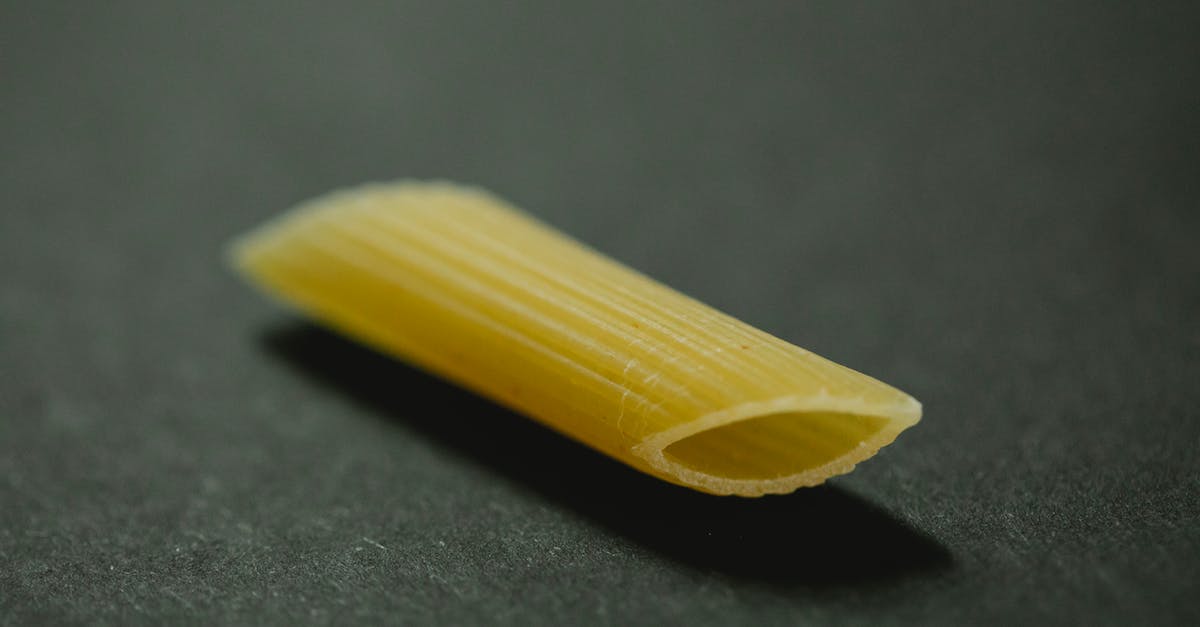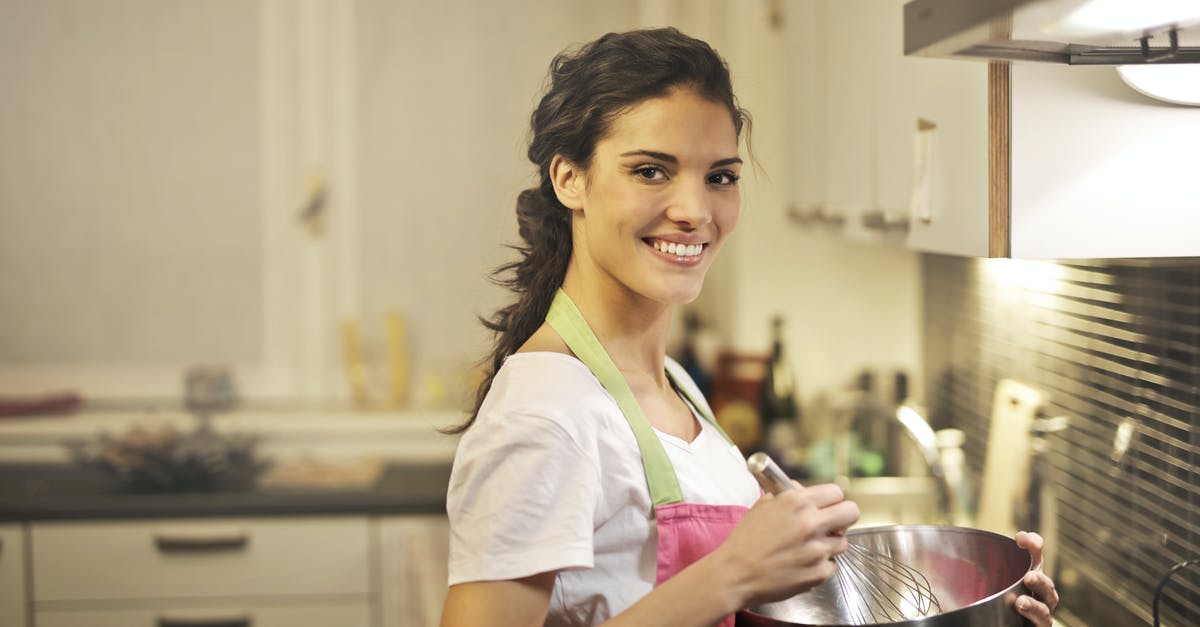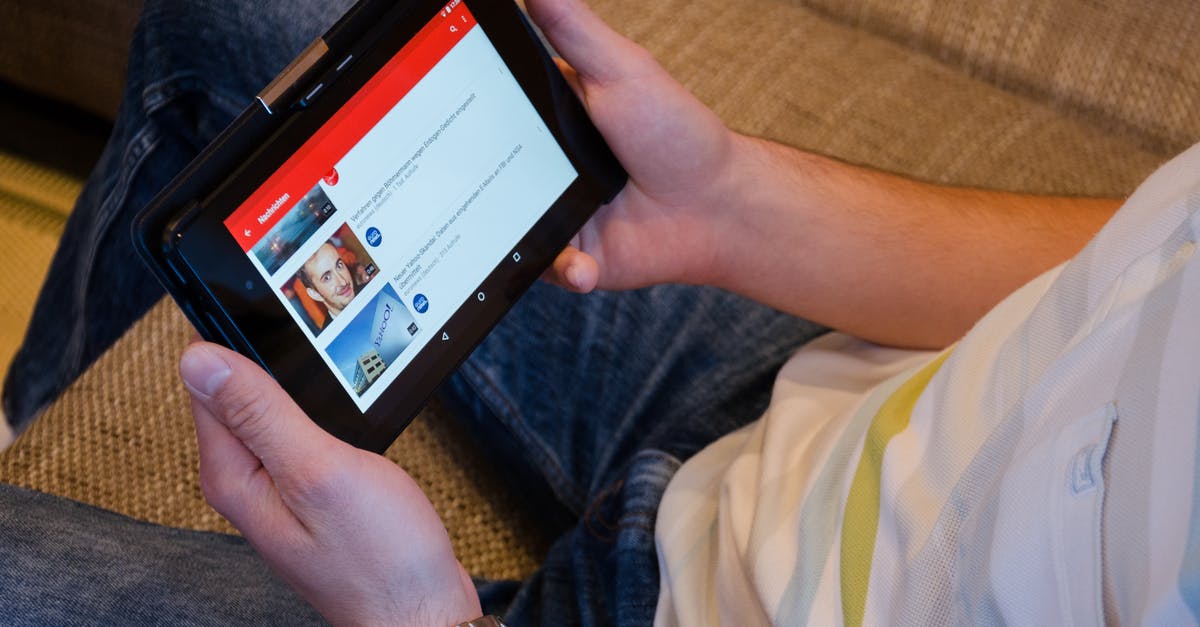What should one look for in the license terms of a crowdsourced recipe website?

I'm looking into uploading my recipes to "the cloud" via a crowdsourced-website. I have been trying to understand the ramifications of the licenses and terms of service. As I do not currently have that many truly unique recipes (yet!) my question is somewhat about principle...I just have been increasingly skeptical of lock-in like with Facebook and wanting to "take back my data". So despite wanting to share, I'm skeptical even of something as "innocuous" as a recipe site. (Not as skeptical. But still skeptical. :P)
My goal is mostly to help vet the information for other people who might be in the same situation, so they can understand what they're getting into. So what I'm mainly interested in is making sure that any sites I join have fair licensing terms. Because websites are always being bought and sold, there is always the chance that I could put a bunch of recipes online and then they might disappear if the site changes hands. Or, I might have to pay to access my own recipes someday if the policy changes.
Are there any specific things one should be on the look out for in the terms of service? Are there certain things that should be non-negotiable from a user standpoint? Are there things that you cannot reasonably expect any site to have? (I am sure no free site will guarantee they will not go out of business, and compensate you if their web server and your recipes stop being available.)
Sorry if this is more of a legal/software question than a cooking question. But I thought there might be a fair amount of cooks on here who are also interested in geekery. :)
(Sidenote: My first try was uploading a few recipes to a site called Key Ingredient: e.g. Lizzie's baked breaded oysters, Howard's kickin' salsa. The site works well and I like to share these recipes from friends with a broader audience than typing them into Microsoft Word. But how do I make sure I don't lose them? What else can go wrong?)
Best Answer
Quick Version
- Good question
- Read a few EULA, privacy policies and terms of service to get a full answer, but generally:
- You are expected to have your own back up of anything you upload
- Whether or not the site says you have the rights to the data, they cannot track whether or not users give you credit for what you have shared
- Answer for yourself:
- What kind of credit are you looking for?
- What website features must be minimally available before you'll even bother checking whether or not their terms of service live up to your requirements?
Full Version
I think this is a great question and needs to be addressed in areas far more broad than just cooking and recipes. "The cloud" is a unique and interesting place to store and share data, but brings up a whole host of issues like:
- Who technically owns the rights to the uploaded data?
- Who should be responsible for backing up that data?
- How is the data accessed?
- Who can access it?
And then there's the additional question of, do you want to crowd source feedback on your recipes, or just have them available for people to look at? And probably a whole bunch more questions.
General Advice
A good rule of thumb when using any cloud service, is that you and you alone are responsible for backing up your data. Even if a company has the financial resources to back up everything (and most of them do back it up), they're not going to guarantee something like that because all technology is fallible and there is usually someone with a fantastic lawyer around every corner, just waiting for a guarantee to fail. Read a couple EULA (end-user license agreements) and/or privacy policies/terms of service and you'll get a clear picture of just how often they guarantee your access to your data. Usually accessing your data isn't a problem (if it was, why would people use the cloud?) and as such, it's something you shouldn't worry about beyond having a copy of your recipes on a computer at home somewhere in addition to sharing them in the cloud. (That being said, back up your home computer too.)
Another good rule: don't ever expect something stored in the cloud to actually be secure. Generally with recipes it's not an issue if your data is stolen (like it could be if you were storing tax returns), but all of the marketing around consumer electronics does a really good job of making people forget that even PayPal and the US federal government were hacked. Cloud storage is not secure storage. In fact, think of the Internet as the Wild West: we're still trying to figure out who is here and who has enough power to actually enforce laws.
Every EULA, privacy policy and terms of service document I have read states clearly somewhere deep in the pages of legalese that they have the right to modify or change their policies whenever they see fit. Aka, no guarantee on anything, although this usually doesn't lead to the problems you mentioned. The few times I have had data uploaded to a cloud and the policy was changing in a way to prevent me from accessing (or having to pay for) my data, I was informed of the change months before it ever started affecting me, with the whole purpose of giving me the chance to download any and all of my data onto my home computer, where I could access it whenever I wanted, even after the change in policy.
My Experience
I have uploaded a few recipes to a Dropbox account to share with a relatively small group of friends. We all have access to upload, read and download, but there is no place to leave comments or feedback on any of the recipes. It's also kind of a clunky method of sharing if I ever wanted to give the entire world access because it's just a link, not a webpage full of brightly colored photos that people can click on. I believe that Dropbox's terms of service state that I am the legal owner of the data in my Dropbox account, but I'd have to double check that, and I have no idea how it works if a friend uploads a recipe to my account. Whether or not my friends give credit if they re-post any of those recipes, is up to whoever does the re-posting; both Dropbox and the new site won't have a way to track if credit was given where credit was due.
I tend to find recipes on allrecipes.com, although I have yet to upload any of my own. It's a great place to for people to share recipes, leave feedback, suggest modifications, upload pictures, etc. I can't even remember if I read their EULA so I don't know if it claims the rights to the recipes, or if they belong to the original poster. Either way, allrecipes.com can't give credit if a user copies and pastes your recipe onto another site; the only way to give credit is if a user posts a link back to your recipe on allrecipes.com.
Credit vs. Copyright
Credit and copyright are not the same thing. Credit would be me saying "I got the idea write this answer because of a question that mmcghan posted." While that is nice and generally what people are looking for when they post stuff intended for sharing, it's not going to hold up in court. If copyright protection is what you're after, you probably don't want to post your recipe on a crowd sourcing site, but you would definitely want to read the EULA, terms of service and the privacy policy (and likely involve a lawyer who specializes in this) before posting or uploading anything you want to protect.
For that matter, "credit" could be all sorts of things, although I am by no means an expert of how recipes can be legally protected. In the open source world (think Linux if you aren't very technical) there are actually several different kinds of licenses, which do hold up in court, unlike generic "credit." I'm not deeply familiar with a lot of them, but here are a couple examples of the differences:
- You can use and modify anything, but you cannot make a profit off of any of it
- You can use and modify anything, but you have to share your modifications with the world and credit the original writer(s)
What's Next?
It's great that you are thinking about all the legal junk behind sharing recipes (or anything really) because we don't do it nearly enough. But you'll also want to think about what you mean when you want to "share" your recipes.
- Do you want to share them with just friends, or the whole world?
- Do you want feedback or comments on your recipes?
- Would you like to upload pictures, tips, etc.? Or just the recipe itself?
- Do you want to be able to upload a bunch of Word files you already have written? Or would you rather have to type each of them into the website by hand?
- What kind of credit do you want for your recipes? How enforceable does this credit need to be?
Being able to answer these questions will help you greatly in your end goal.
Pictures about "What should one look for in the license terms of a crowdsourced recipe website?"



What is Crowdsourcing?
More answers regarding what should one look for in the license terms of a crowdsourced recipe website?
Answer 2
To answer the questions at the end :
Are there any specific things one should be on the look out for in the terms of service? Are there certain things that should be non-negotiable from a user standpoint?
I'd look to see that the clearly spell out what the ownership of the recipes posted are. (eg, do they say 'non-exclusive rights' (ie, they're allowed to use it how they want, but you're still allowed to post it elsewhere), or 'exclusive rights'. I would avoid granting any site exclusive rights. They might require that all content be released under a specific license ... if you're just trying to share it with a few friends, and not with the whole world, that might be a problem, as would a 'non-exclusive rights' clause.
And in the world of online stuff it's always possible that they'd change the terms of service in the future ... and some don't necessarily announce that they've made changes.
If you're just looking for it so you can share a few recipes, and they're not family secrets **, you're probably okay.
Are there things that you cannot reasonably expect any site to have? (I am sure no free site will guarantee they will not go out of business, and compensate you if their web server and your recipes stop being available.)
As MtWoRw mentioned, you need to make your own backups. Based on the number of photo-sharing sites that have gone under and taken people's pictures with them, you're going to want to make sure that they don't have the only copy. I'd recommend at the very least using a 'print to PDF' or 'save web archive' feature of your browser to save something that you can archive yourself.
There are also a few different interchange formats for recipes. If the website allows you to export as MasterCook or one of the other formats, I'd go ahead and do it. It's possible that they've also encoded info into the webpage so that google or others can determine that it's a recipe. If so, you might want to save the raw HTML (or the 'web archive' if your browser supports it).
** okay, so the family secrets thing -- my great grandmother had a recipe that we were told never to give to anyone outside of the family. My mom made a family cookbook one year (after my great grandmother had died) as christmas gifts ... and it went over so well, that she did a re-print ... and then decided she could sell them ... well, the third printing she didn't pay attention to where the recipe fell, and it wasn't on a page that could be easily removed. So years later, my mom's living out of the country, and the cases of books are stored at my house, and my cousin gets married ... so I brought some cookbooks to give away. It turns out that my cousin's wife's grandmother lived in the same block as my great grandmother, and it was their family's secret recipe, so they were really pissed off that the recipe was out there. So if you've got those types of recipes, don't put them up on a website.
Answer 3
Not sure why the other reply got voted down - it's true that a bare-boned recipe is public domain since it can't be protected. there's some self-regulation and unwritten rules among chefs (started in France, I think) where if you change, add or remove three things in the recipe, it's no longer considered a copy. it can be as simple as changing the type of mushroom, or doubling the amount of wine or adding an ingredient, etc.
But this is not about copyright, this is about the ego of a participant on a community site that wants to be associated with their creation (if they can prove it, etc etc.) - and that means that a person wanting credit on what they publish should have some basic promise of "ownership". You can offer that all recipes are published under CC-by-SA, which is what I promise on all the Wiki sites I manage, and so does Wikipedia. It may be meaningless for "plain ingredient list" recipes, but it will sort-of protect the users and the owner when it comes to recipes with a more personal touch that can be copyrighted.
Answer 4
The thing about recipes is that they don't seem eligible for copyright, and unless you can demonstrate to a Patent Examiner that your recipe is so unique and not obvious or otherwise derivable by conventional cooking, you probably can't patent it either. That is, you can't really own your recipe, and the food industry flourishes because of it, but a website can own all its content.
For help searching through a TOS for content ownership in general, ask an attorney, not here.
Sources: Stack Exchange - This article follows the attribution requirements of Stack Exchange and is licensed under CC BY-SA 3.0.
Images: Klaus Nielsen, Andrea Piacquadio, Pixabay, Kaique Rocha
